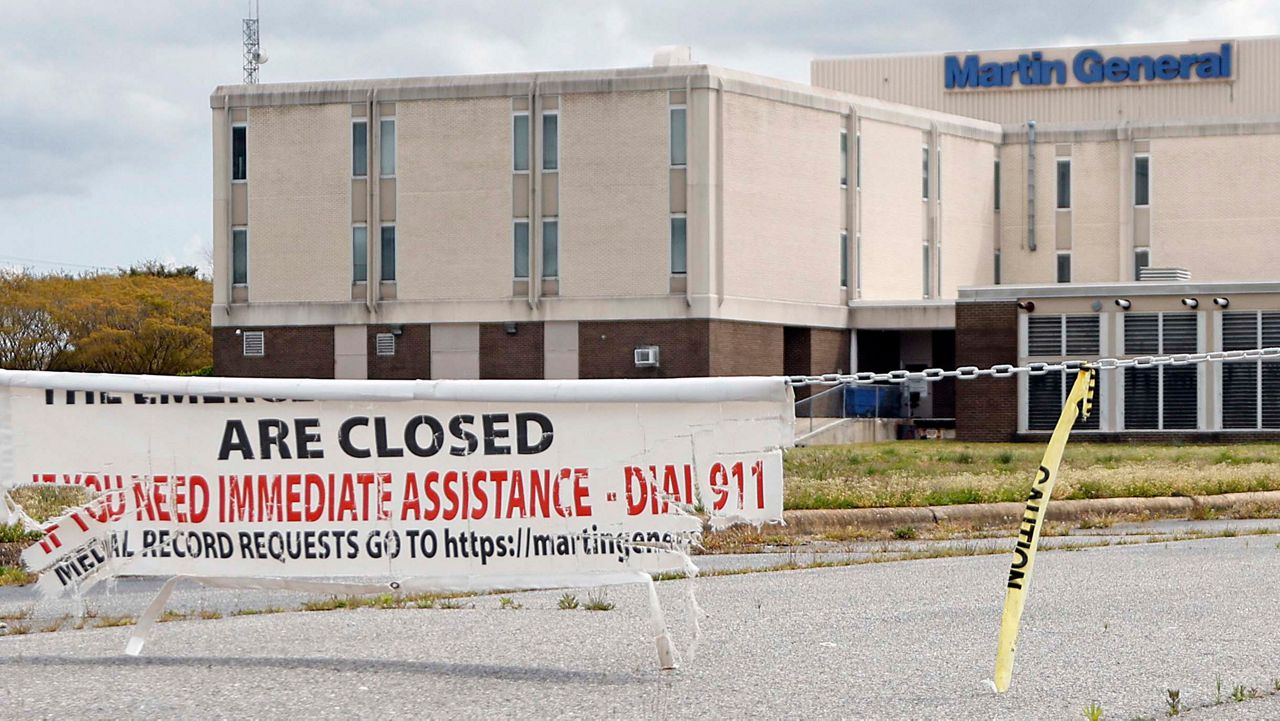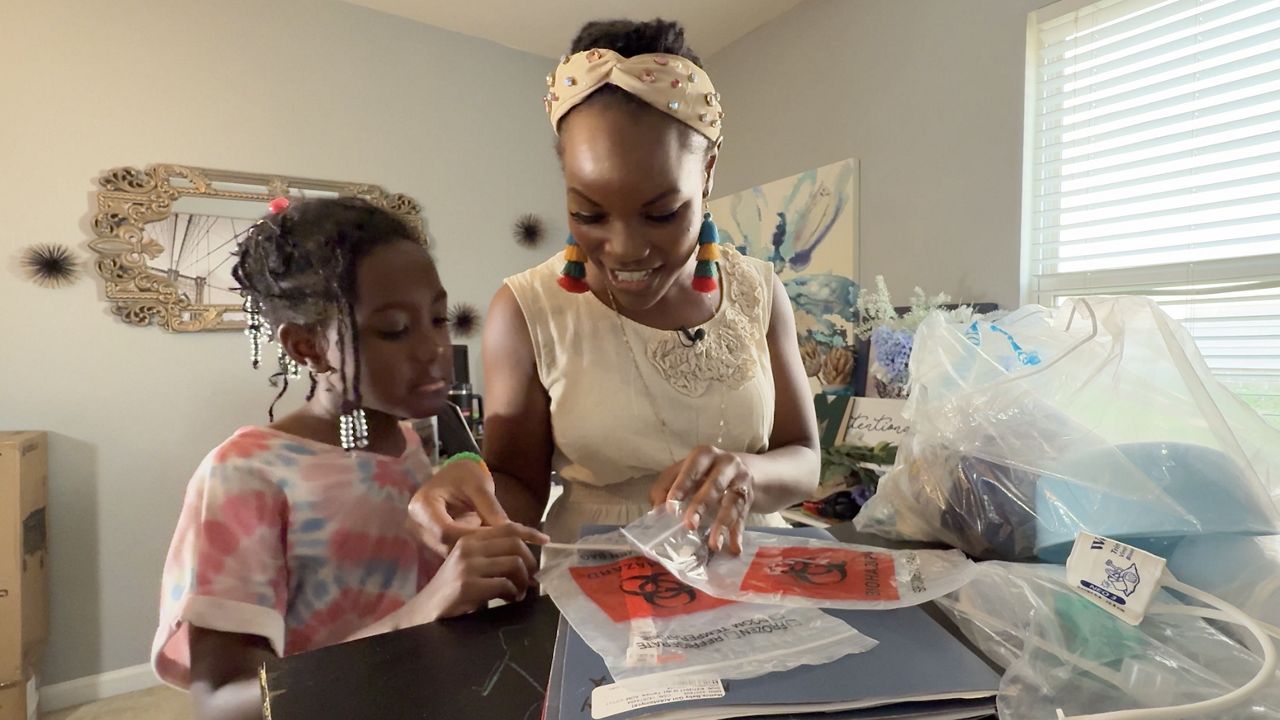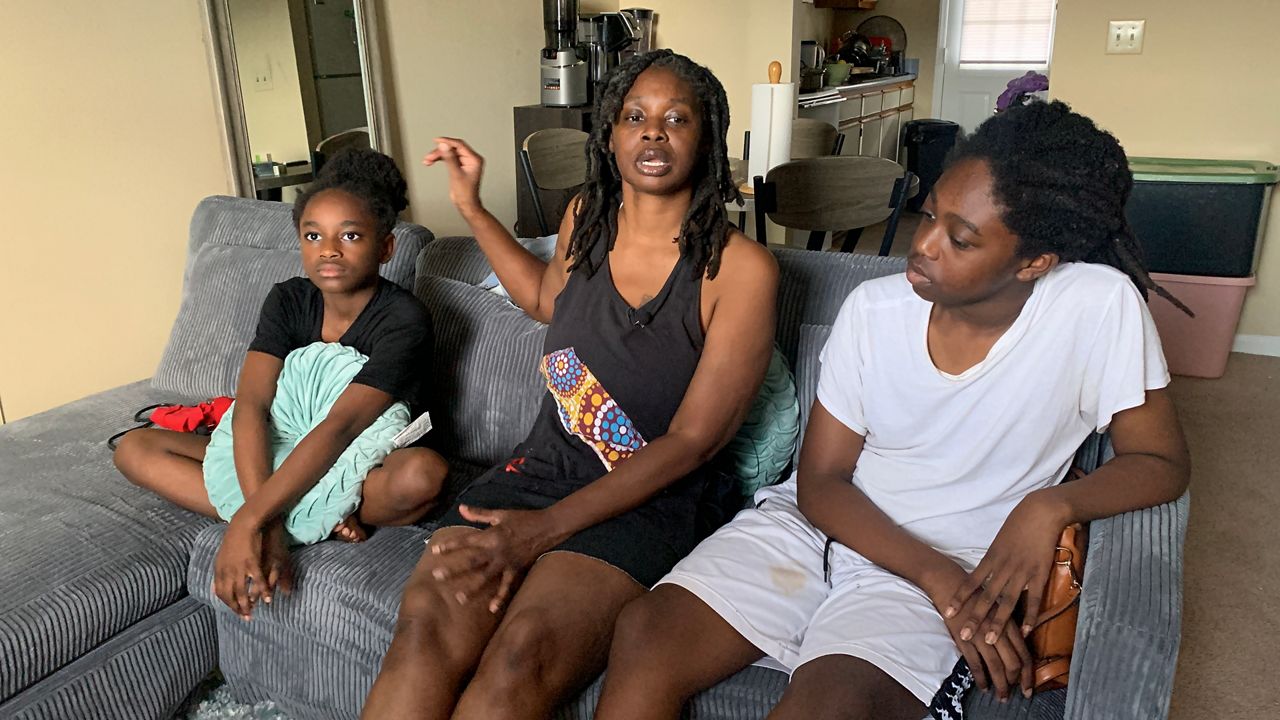RALEIGH, N.C. — In North Carolina, 4,041 people died from overdoses in 2021, and according to the state, that’s the highest number on record. A recent announcement by the Food and Drug Administration could help prevent fatal overdoses in the future. On Wednesday, the FDA approved the first over-the-counter naloxone nasal spray, Narcan, an overdose reversal drug.
“I think New Waters is probably the first in this area definitely to do what we do at the level that we do,” said Justin McLendon, the executive director of New Waters Recovery.
The holistic approach to sobriety at New Waters Recovery includes a meditation space as well as a massage room. Around almost every corner, the center has Narcan ready in case of an emergency.
“It is a medication that is given for the reversal for opiate-related overdoses. So that could be, you know, heroin, fentanyl being the big one that we're dealing with now, also any other synthetic opiate medications and things like that,” McLendon said.
McLendon says he has seen how fast and effective Narcan is.
“We have unfortunately had a couple of situations on the front end when someone was in the intake process where we have had to administer it, and it's just, it's just a miracle to have it on hand and to be able to save that person's life,” McLendon said.
On Wednesday, the FDA approved Narcan as the first over-the-counter naloxone nasal spray. McLendon believes this move could help change the stereotypes people have about substance use and help more people have the chance to start their recovery journey.
“The step from us needs to be opening up the conversation about how can we remove those barriers, how can we, you know, increase access to care? So when individuals do become willing and motivated to make changes in their life that they have access and the ability to do so,” McLendon said. “Not kidding ourself to think that people are not going to overdose from opiates. Right? And being able to have better access to be able to save people's lives when it does happen.”
Dr. Orrin Ware, an assistant professor at UNC’s School of Social Work, says that estimates suggest 25% of fatal overdoses, related to opioids, could be reversed if the general public and EMS have access to Narcan.
Ware also says North Carolina’s Good Samaritan Law may be useful in situations where someone with access to Narcan sees a stranger experiencing an overdose and can legally help save their life.
“Essentially with the Good Samaritan Law, you're able to administer medical interventions as a layperson if you're doing it for the right reasons. So if you, for example, if you see someone who had an overdose and they're laying on the street, you as someone who has Narcan as a non-first responder can actually respond and administer Narcan,” Ware said.
As for when Narcan will be available over the counter, the FDA says it is working with the manufacturer to figure that out, but it could take months before it’s switched from prescription to OTC status.
Many North Carolina health departments offer naloxone, and that information is available on the state’s Naloxone Saves website.










